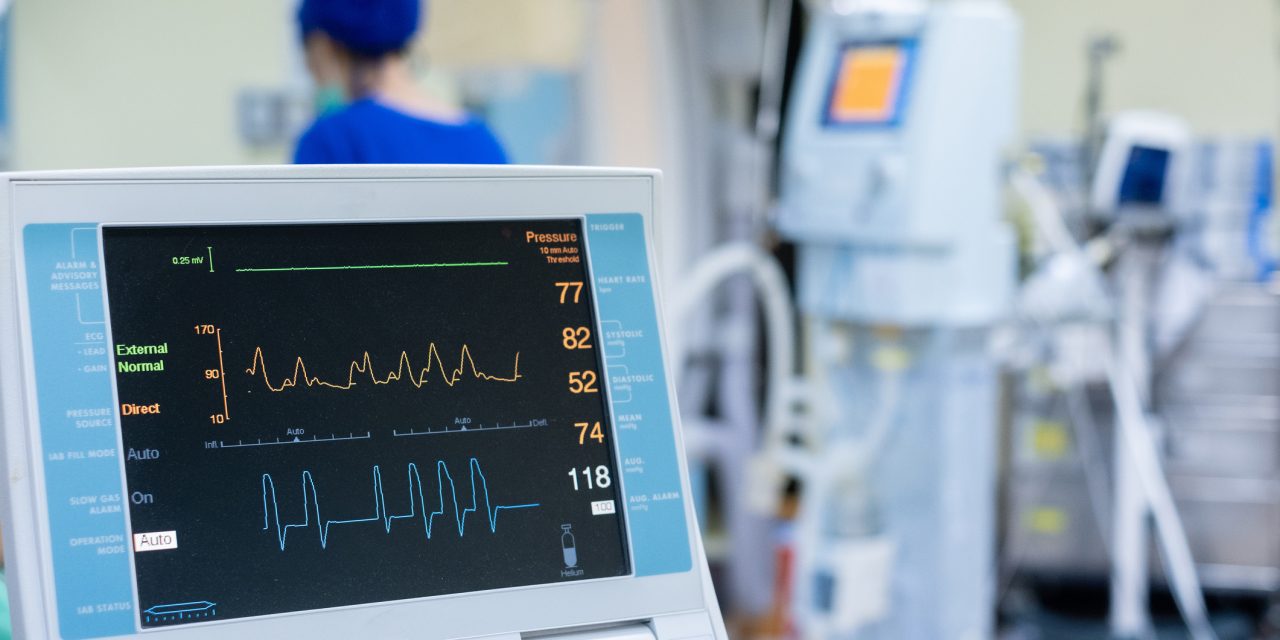Presepsin is a diagnostic and prognostic biomarker of both bacterial infection and sepsis; however, elevated presepsin levels have also been observed without sepsis. We conducted several analyses to evaluate the clinical laboratory parameters affecting presepsin levels.
We analyzed the association between sequential organ failure assessment (SOFA) scores and plasma presepsin levels and then analyzed clinical laboratory parameters in 567 patients with univariate and multivariate regression analysis and analysis of covariance (ANCOVA). We also determined presepsin in the bile of 11 patients and examined the presepsin immunostaining in liver.
Univariate regression analysis with log change revealed that presepsin levels were closely associated with log-transformed SOFA score (ρ = 0.541), alkaline phosphatase (ALP); (ρ = 0.454) and gamma-glutamyl transferase; (ρ = 0.505). Multivariate regression analysis revealed that log-transformed SOFA score (β-coefficient = 0.316), ALP level (β-coefficient = 0.380), and creatinine level (β-coefficient = 0.290) independently and significantly affected log presepsin levels. ANCOVA revealed that presepsin levels were significantly higher in patients with hepatobiliary disease. Patients who presented with dilatation of the bile ducts and elevated ALP levels or total bilirubin levels exhibited high presepsin levels in the bile. Presepsin production in liver Kupffer cells was also confirmed by immunostaining.
Presepsin levels is correlated with the elevation of biliary enzymes in patients without renal dysfunction or sepsis. Additionally, presepsin exists with high concentrations in the bile and is positive in Kupffer cells.
Copyright © 2021. Published by Elsevier B.V.
High presepsin concentrations in bile and its marked elevation in biliary tract diseases: A retrospective analysis.


